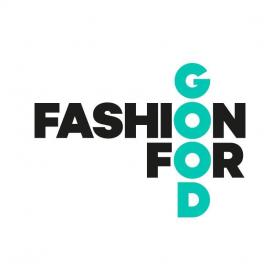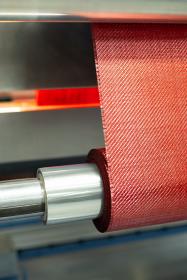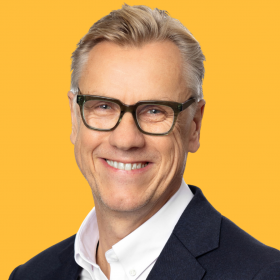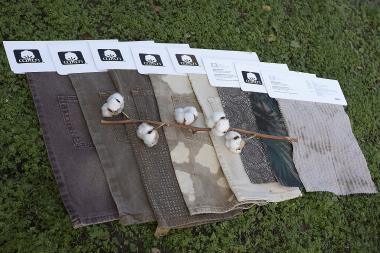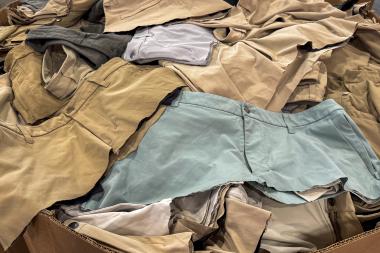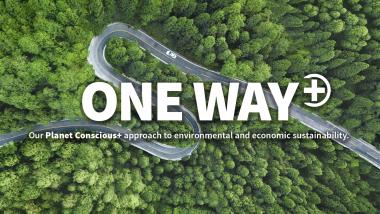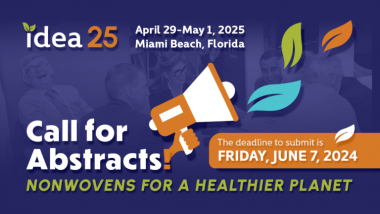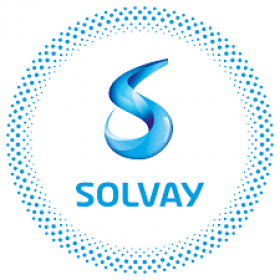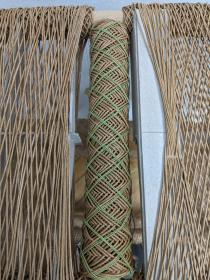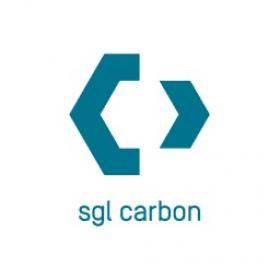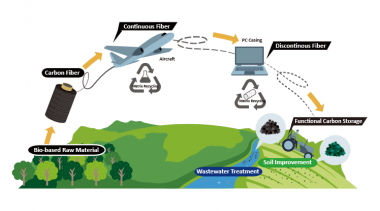Archroma awarded for Sustainability Innovation and Community Engagement
Archroma has won awards in two categories at the Just Style 2024 Excellence Awards. It took home two coveted Innovation Excellence awards for its SUPER SYSTEMS+ solutions and AVICUERO® leather tanning process, as well as a Social Excellence award for its longstanding and holistic commitment to community engagement in Baroda, India.
The awards recognize how Archroma is driving change with innovations that advance sustainability and through initiatives that contribute to the socio-economic progress of communities near to its Baroda manufacturing plant.
Innovation Awards
Archroma was recognized for advancing sustainable manufacturing in two Just Style Excellence Awards for Innovation.
SUPER SYSTEMS+ is a comprehensive suite of solutions that addresses the textile industry's key challenges, including water consumption, greenhouse gas emissions, circularity, chemical management and compliance.
By providing end-to-end, fiber-specific solutions that enhance process efficiency and offer intelligent effects, SUPER SYSTEMS+ enables mills and brands to meet their sustainability targets as well as consumer demand for durable products with enhanced functionality and sustainability. With end-to-end solutions from pre-treatment to finishing, SUPER SYSTEMS+ can be deployed without additional investment. With future compliance in mind, the solutions also go beyond current regulations and industry standards to anticipate upcoming restrictions.
Archroma’s AVICUERO® is a system for sustainable leather tanning and dyeing. Developed in collaboration with UK-based leather technology expert Dr Leather, it is both chrome- and metal-free and yet maintains the quality and performance of traditional tanning methods. Tanners enjoy shorter processing times, eliminate the pickling process and reduce salt usage, leading to lower pollution effluent discharge loads. In addition, AVICUERO® can offer energy savings of up to 25% and CO2 emissions reductions of up to 23% compared to traditional chrome tanning.
Social Award for Community Engagement
Archroma has also been recognized for the positive impact it is having on communities in the vicinity of Baroda through multifaceted initiatives that span early childhood development, student scholarships, agricultural education and the empowerment of women.
Archroma recently set up an Anganwadi Centre to provide a range of services in the community, including nutrition and health education and pre-school learning. It also runs a scholarship program for students in vocational training, helping to create a skilled talent pool for the region. Archroma is also collaborating with a local NGO to empower farmers with modern agricultural methods and insights.
The building of a Household Biogas Plant in Umraya village is another example of Archroma's sustainable initiatives. The conversion of manure into clean renewable energy by the plant tackles several issues, such as reducing greenhouse gas emissions and enhancing soil health. It also liberates rural women from the burden of sourcing conventional fuel sources and the health risks associated with burning dung cakes for fuel.
Archroma








